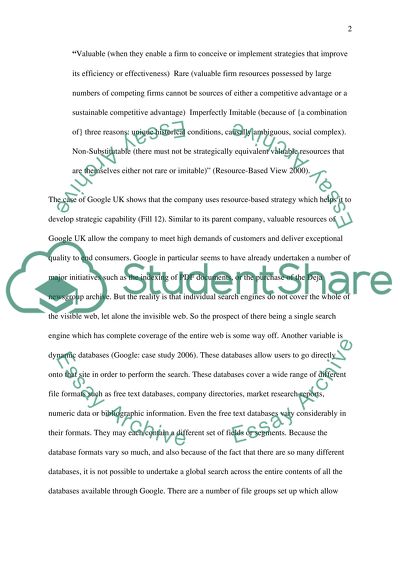Cite this document
(“Google's market marketing & strategy in the UK Essay”, n.d.)
Retrieved from https://studentshare.org/miscellaneous/1508184-googles-market-marketing-strategy-in-the-uk
Retrieved from https://studentshare.org/miscellaneous/1508184-googles-market-marketing-strategy-in-the-uk
(Google's Market Marketing & Strategy in the UK Essay)
https://studentshare.org/miscellaneous/1508184-googles-market-marketing-strategy-in-the-uk.
https://studentshare.org/miscellaneous/1508184-googles-market-marketing-strategy-in-the-uk.
“Google's Market Marketing & Strategy in the UK Essay”, n.d. https://studentshare.org/miscellaneous/1508184-googles-market-marketing-strategy-in-the-uk.


